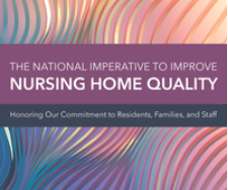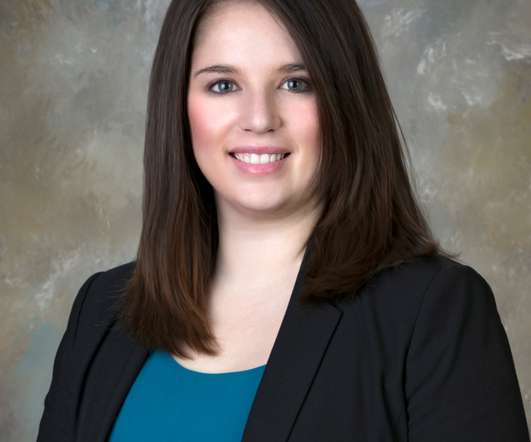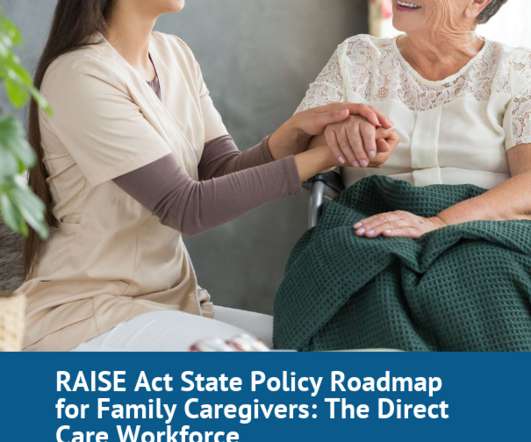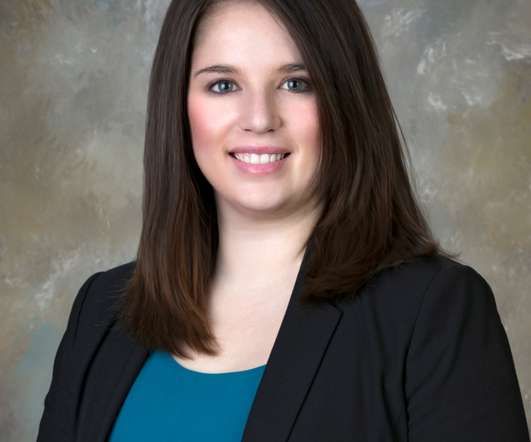The National Imperative to Improve Nursing Home Quality
Briggs Healthcare
APRIL 7, 2022
Nursing homes play a unique dual role in the long-term care continuum, serving as a place where people receive needed health care and a place they call home. The 1986 Institute of Medicine report Improving the Quality of Care in Nursing Homes identified a range of challenges to the quality of care in nursing homes.













Let's personalize your content